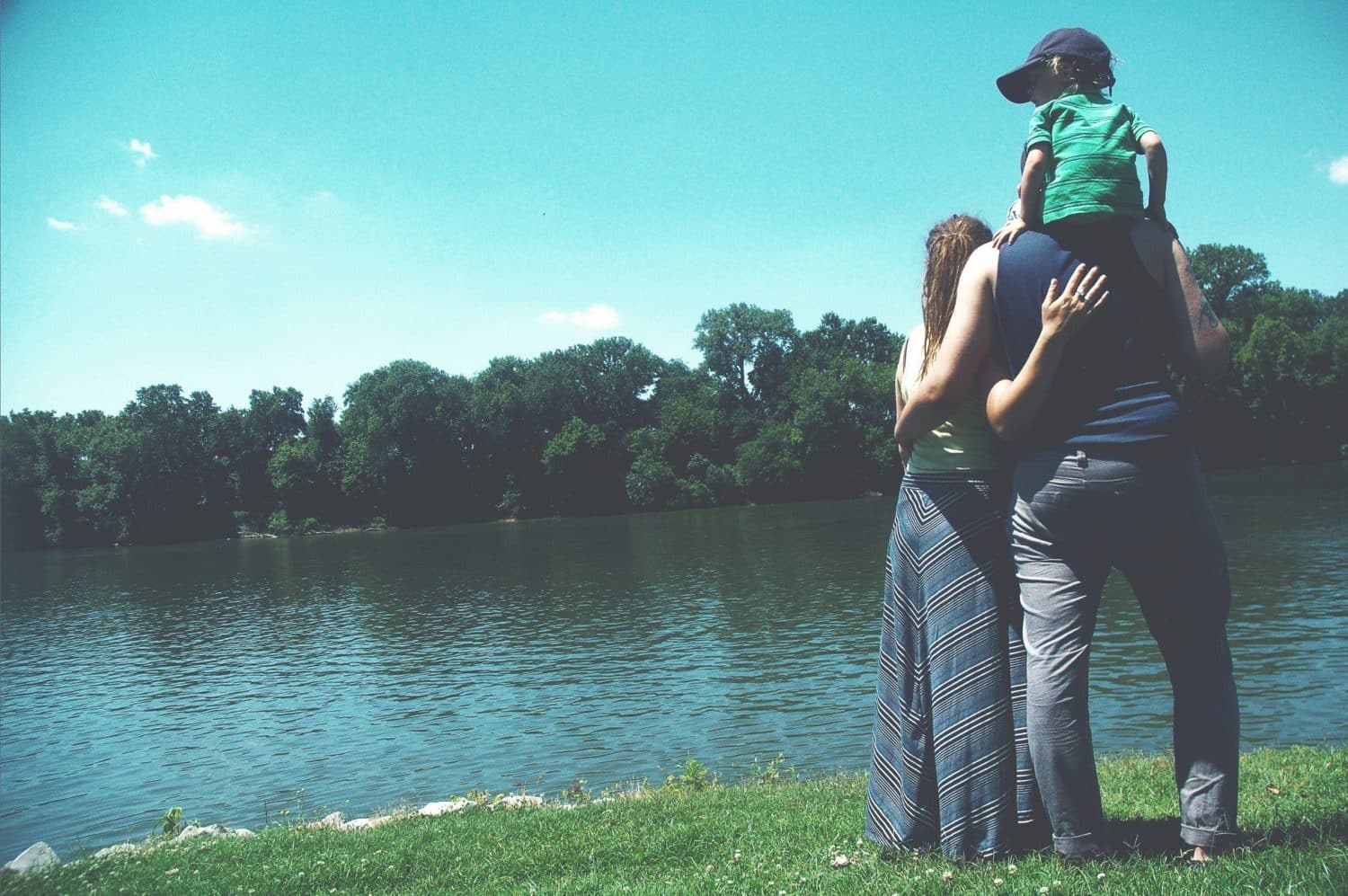Cross-Addiction or Addiction Replacement
Behavioural addictions can also arise as a result of sobriety; while true recovery involves engaging mindfully with emotions and using emotion-related skills, if you find yourself having quit cigarettes for example, but shopping much more, you may be engaging in addiction substitution and may find that eventually more issues can arise.
As more issues arise, you may notice your need or desire to ‘escape’ increases, as does the behaviour, or, perhaps the behaviour becomes more complex and has additional behaviours added.
Can I build a tolerance with behaviours?
Tolerance in behavioural addictions can be hard to conceptualize.
Tolerance occurs because part of the addiction pathway in the brain involves the novelty circuitry, in which the brains natural craving for novelty is satisfied with behaviour that distracts from pain and stress.
However, that part of the brain is often asking us for “more” as it is a fundamental part of our survival brain in which “more” = survival.
Because addiction provides a false sense of satiation, that part cannot be truly satisfied and it continues to ask us for ‘more’ before it will reward us with the satiation signal.
Examples of how behaviours increase with ‘tolerance’ can include:
Pornography Use: “Tolerance” may refer to time spent watching videos, number of times a day videos are viewed, and content becoming more “taboo” or against your values. You can read more about how pornography use can evolve into addiction and its resulting issues here.
Sex: While you may initially seek out sex from your partner when feeling stressed for other reasons, you may notice that without addressing the underlying issue, your need for sex grows to more times in a day, involving more role play or other additions, or more partners. You may find that you’ve begun to seek sex outside of your primary relationship. Issues here may be guilt, shame, loss of relationships, or sexually transmitted infections or other physical side effects.
Relationships: You may find that you move from relationship to relationship quickly. Perhaps engaging in more than one at once; you may find that it is difficult to leave relationships that are unhealthy or abusive as you search for more of the “love” or non-abusive moments.
Working: You may find it very difficult to take time away from your work, to truly “unplug” from connections from work, and become irritable when forced away from work. Issues here can be relationship disturbance, lack of self-care resulting from lack of time to engage in hygiene or other tasks, and ultimately work performance issues.
Through various brain studies conducted since we have become aware of the addictive nature of behaviours, we know that certain behaviours stimulate the same circuits of the brain that substances do; our reward and novelty centers in particular.
This means that when you do make attempts to ‘control’ or stop engaging in behaviours that have become compulsive, you may notice withdrawal signs such as irritability, sleep issues, fatigue, emotional turmoil and changes in appetite.
The root of behavioural addictions looks very similar to the root of substance addictions; both often originate in attempts to distract or self-soothe from trauma, pain, and other life stressors.
Because of the way the reward circuitry in our brains work, and because of our human nature to escape pain, these attempts can become ongoing and lead to other life issues.
These life issues also need to be avoided, or distracted from, and thus the behaviour continues and amplifies often until the pain it has caused outweighs the original pain and we are compelled to address it to move forward healthfully.
As renowned addiction expert Dr. Gabor Mate says, “the question is not ‘why the addiction?’, but ‘why the pain?’”







